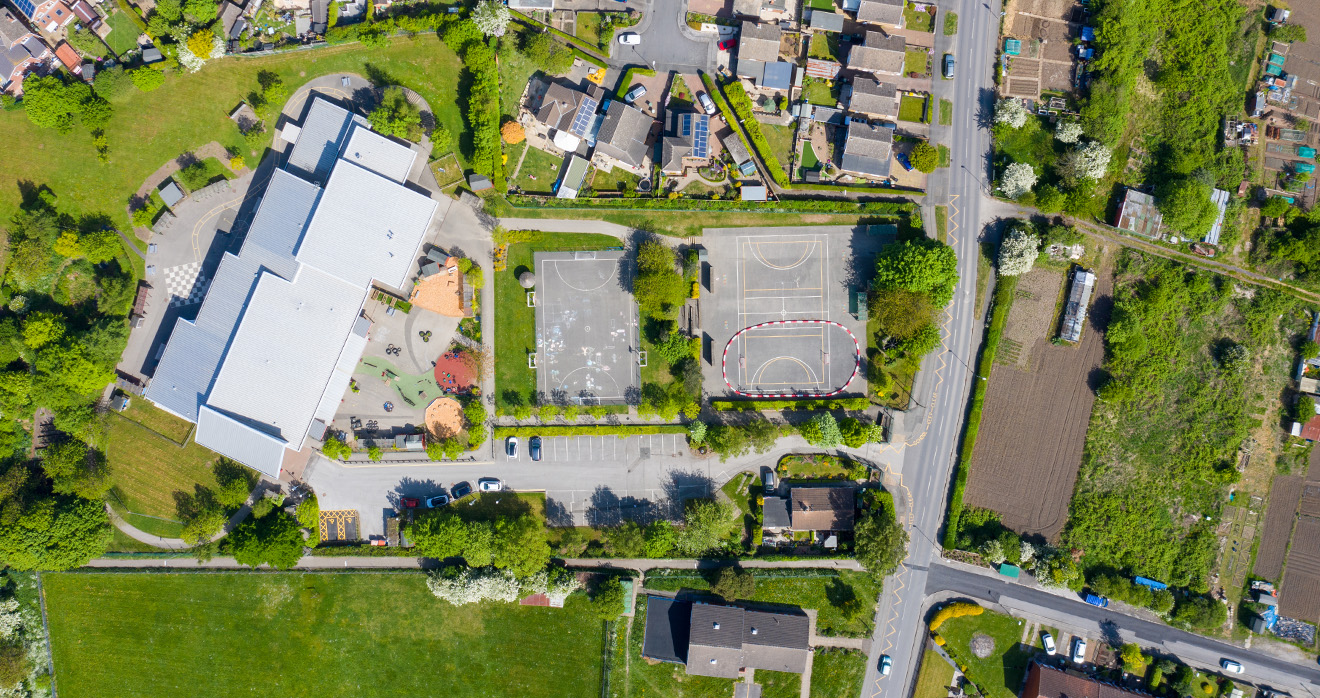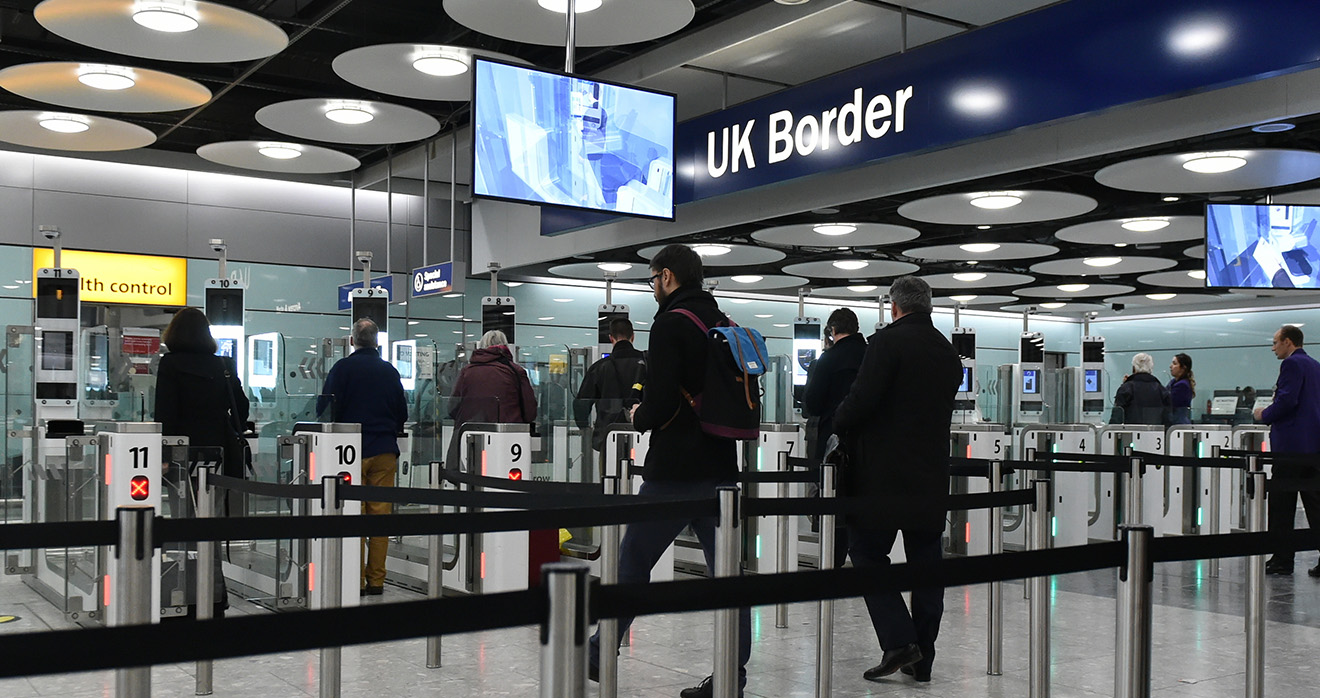How Ofsted and CQC Inspections of SEND Local Area Partnerships Impact Special Schools

The delivery of Special Educational Needs and Disabilities (SEND) services is a collective effort involving education, health, and social care providers. Ofsted and the CQC jointly inspect SEND Local Area Partnerships to evaluate how effectively they meet the needs of children and young people with SEND. These inspections have a significant ripple effect on special schools, influencing their operations, strategic focus, and accountability measures.
Local Area Partnerships
A local area partnership comprises professionals in education, health, and social care who are responsible for the strategic planning, commissioning, management, delivery, and evaluation of services for children and young people with SEND within a specific locality. This local area corresponds to the geographical boundaries of a local authority. When evaluating the local area partnership, inspectors primarily focus on how effectively the local authority and the integrated care board (ICB) collaborate to plan, assess, and develop services for children and young people with SEND.
CQC and Ofsted review of the first two years of Area SEND Inspections
Between 2023 and 2025, Ofsted and the CQC jointly inspected 54 local area SEND partnerships under the revised Area SEND Inspection Framework.
Inspectors assess the extent to which the local area partners —including schools— are complying with relevant legal duties relating to arrangements for children and young people with SEND, as outlined in the Children and Families Act 2014 as well as relevant duties outlined in the Equality Act 2010 and the Human Rights Act 1998.
Area SEND inspections use a different grading system to the system used for schools or local authority children’s services. Instead, there are three possible grades for local area partnerships:
- Positive
- Inconsistent
- Significant concerns
A recent review of the first two years of inspections has revealed that
- Positive Outcomes: Only 26% of local areas demonstrated effective, high-quality joint working practices that led to good outcomes for children and young people.
- Inconsistent Performance: Nearly half (48%) showed variability in the quality of provision, typically due to weak partnership working or fragmented accountability.
- Widespread/Systemic Failures: Alarmingly, 26% had systemic weaknesses, resulting in children’s needs going unmet or significant delays in services.
Lessons for Special Schools:
Special schools often act as frontline providers and integrators of SEND support. These findings underscore the importance of their voice in local decision-making, early identification, and collaboration with health and social care providers. Where inspections highlighted failings, special schools were often indirectly affected by poor EHC (Education, Health and Care) planning or inconsistent health support.
Enhancements in SEND Inspection Protocols
Ofsted and the CQC, responding to stakeholder concerns, have implemented critical reforms aimed at enhancing transparency, effectiveness, and inclusion during inspections. Key improvements include:
- Family Engagement: More time is allocated for direct family engagement to ensure inspectors capture lived experiences of children and their families.
- Streamlined Data Collection: Simplified processes for schools and local authorities to submit relevant information, reducing administrative burden.
- Accessible Reporting: Reports now use clearer language and are published in formats accessible to families, educators, and non-specialist stakeholders.
- Training and Quality Assurance: Inspectors undergo new training modules focusing on neurodiversity, inclusive communication, and trauma-informed practices.
- Specialist Inspection Pool: Ofsted and CQC are exploring the formation of a national SEND inspector pool, ensuring consistency and specialist knowledge in evaluation.
The two organisations added that in the longer term, they will also consider options for further developing the area SEND framework, including exploring the introduction of an inspection report card after the first cycle of inspections of all 153 local area partnerships ends in December 2027.
Connecting Local Area Partnerships and Special Schools
Local area partnerships include the local authority, integrated care boards (ICBs), education providers, and social care services. Special schools are increasingly recognised as essential nodes in these networks, playing roles such as:
- Curriculum Tailoring and Delivery: Special schools are critical in implementing the strategies outlined in EHC plans. Their insights are vital in shaping realistic, impactful plans.
- Placement Strategy: As inspection findings influence parental choice and placement decisions, special schools must remain agile, responsive, and collaborative with local authorities.
- Co-Production: Many special schools are deeply involved in the co-production of services—helping design everything from transport policy to therapy access pathways.
- Transition Planning: Special schools often support young people beyond the classroom, contributing to preparation for adulthood, employment pathways, and post-16 options.
A high-functioning partnership between local authorities and special schools ensures early identification, reduced delays in EHC assessments, and better overall life outcomes for pupils.
Implications for Schools in Practice
With nearly three-quarters of local area partnerships requiring improvement or facing systemic challenges, special schools are increasingly subject to heightened inspection scrutiny. Ofsted and the CQC are placing stronger emphasis on measurable outcomes and genuine co-production, meaning special schools must ensure their practices are both legally compliant and inspection-ready.
Family involvement is no longer just a formality; schools must clearly demonstrate their role, impact, and how they align with Education, Health, and Care (EHC) outcomes. This requires moving beyond simple consultation to providing tangible evidence of meaningful joint working with families.
Local areas should prioritise authentic multi-agency collaboration rather than merely fulfilling compliance requirements. Rapid identification and referral processes for SEND support are critical to meet children’s needs promptly.
Transparency through honest self-evaluation—acknowledging both strengths and weaknesses—and developing action plans based on these reflections are key to building credibility and trust.
Currently, inspectors do not routinely verify whether local areas implement post-inspection action plans, so accountability largely depends on the commitment and openness of local partnerships.
Ultimately, strong inspection outcomes rely on demonstrated collaborative leadership, meaningful family engagement, timely and effective support, and a culture of ongoing self-assessment and transparency.
The legal landscape is becoming more complex, with overlapping responsibilities across health, social care, and education sectors. Specialist legal guidance is essential to help schools navigate these challenges effectively.
The Health & Social Care team at RWK Goodman is a recognised market leader, with in-depth knowledge and experience in the social care sector. Based across London, Thames Valley and the South West, our team of lawyers are fully immersed in social care, which enables us to cut to the heart of urgent matters quickly, and help you plan for what may lie ahead.
Our aim is to get to know your business and become the strategic advisors you trust to provide insightful, pragmatic solutions. Our clients include nursing and residential homes, hospices, homecare agencies, supported living, specialist colleges and children’s services and our advice covers many areas.
Learn more about our expertise in this area:
More Health & Social Care articles from RWK Goodman:
View more articles related to Education & Specialist Schools and Health and Social Care








